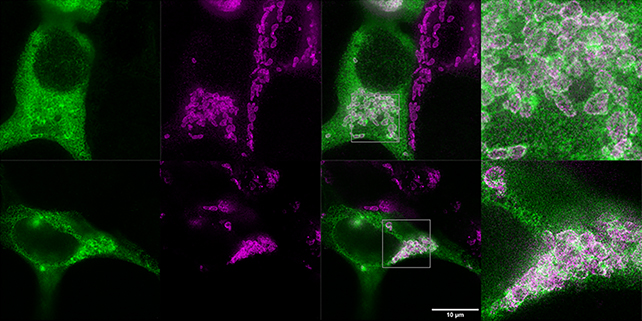Part of the genetic heritage of today's modern humans comes from mixing with the Denisovans some tens of thousands of years ago – and the subsequent genetic adaptations may have left us predisposed to certain mental health issues such as depression.
That's the conclusion of a new study by researchers from Spain, who followed previous research that highlighted a variant of the gene SLC30A9 as likely having evolved through positive selection, especially in East Asian populations.
The gene is responsible for zinc regulation and its transportation across cell membranes. Zinc is important for healthy growth, and the correct functioning of our neurological and immune systems, and this particular adaptation tweaks that regulation.

So where has this genetic adaptation come from? A close comparison with the Denisovan genome revealed a match for the same mutation identified in East Asia, although there was no such match with Neanderthal populations.
"Through genomic analysis, we noted that the genetic variant observed came from our interbreeding with archaic humans in the past, possibly the Denisovans," says evolutionary biologist Ana Roca-Umbert, from UPF.
Lab experiments carried out by the team showed this variation was associated with differences in how some cellular structures – including the 'powerhouse' mitochondria – handled zinc, potentially influencing their effect on metabolism.
Researchers have also suspected evolution has favored holding onto SLC30A9 for some reason, but could never quite figure out what benefits it might provide. It's now looking possible the Denisovan variant provided us with better protection against cold climates.
"Apparently, the change was beneficial and proved a selective advantage for humans," says evolutionary biologist Jorge Garcia-Calleja, from UPF.
"As a consequence, this variation in the SLC30A9 gene was selected and has reached current populations."
As far as genetic links with the past go, this is one of the most widespread and significant that we've discovered yet, although there's lots more to dig into when it comes to how our genes continue to evolve and affect us.
The same SLC30A9 variation has also previously been linked to a greater risk of depression and other mental disorders – so it's possible that the genetics we inherited from the Denisovans are also playing a part in our mental health.
Again, that's likely down to the zinc regulation. Zinc is important in managing the excitability of the nervous system, and has associations with mental health, and this is a relationship that the researchers want to explore further.
"In the future, expanding this study to animal models could shed light on this predisposition to suffering from mental illnesses," says molecular biologist Rubén Vicente, from UPF.
The research has been published in PLOS Genetics.
